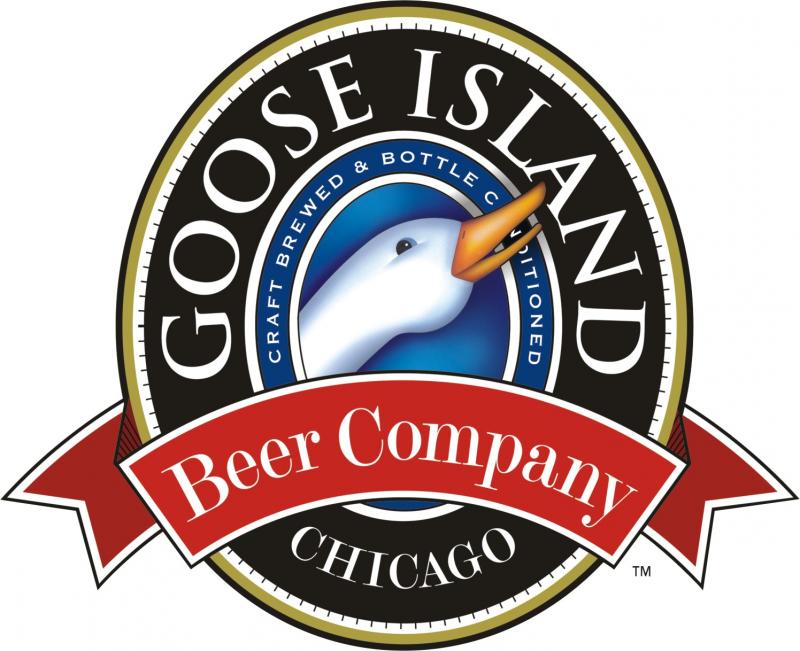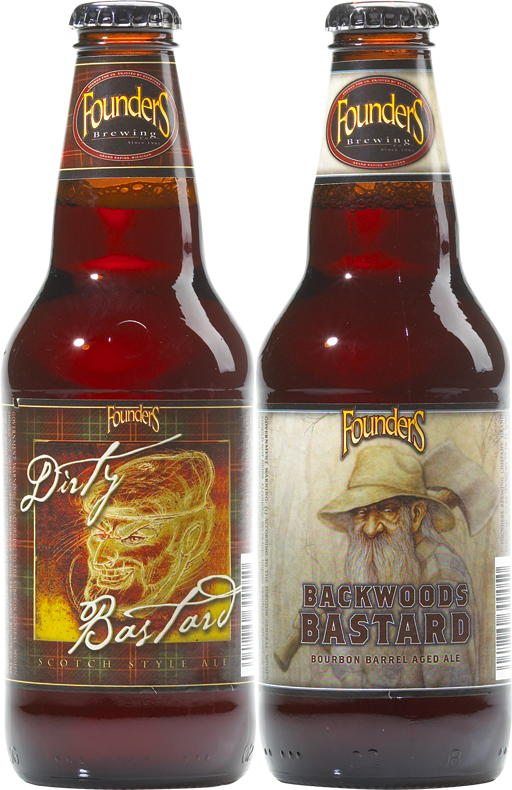
China, while I’m not a fan of their global dominance in manufacturing, I always appreciate a country coming into its own with craft brewing.
As China’s craft beer market begins to take flight, two brewers have teamed up to produce the country’s first collaborative craft beer: Yunnan Amber, a beer that infuses southwestern Yunnan province’s dianhong black tea with domestic and imported hops.
Carl Setzer of Beijing’s Great Leap Brewing joined forces with Michael Jordan of Shanghai’s Boxing Cat Brewery after they both attended San Diego’s Craft Brewing Conference last May. “Carl and I have known each other for a while, as the brewing circles in China are pretty small,” Mr. Jordan said. “We saw these collaboration brews happening between U.S. brewers and decided we should do one ourselves.”
The pair began trading ideas, recipes and brewing techniques and eventually chose to make an amber — an ale that is amber or reddish in color — because it was a style of beer both brewers were familiar with producing. They also checked in with a Beijing-based tea consultant, who recommended that they infuse it with dianhong tea, a strong-flavored, red-hued black tea whose floral aroma some liken to tea from India’s Assam region. Mr. Setzer noted that the tea is ”distinct enough to come through all the other flavors in the beer.”
When the time came to start brewing, Mr. Setzer traveled to Shanghai, where he and Mr. Jordan worked on their new creation at Boxing Cat’s brewing facility. Mr. Setzer already had two years’ experience working with tea in beer – something Mr. Jordan wanted to learn more about — and together they employed a process in which they steeped the beer in the tea for five days.
The duo brewed 1,000 liters of the limited-edition amber, which is currently available at Boxing Cat for the next six to eight weeks and was yesterday launched at Great Leap, where it will be served for about two weeks or as long as supplies last.
Though some might be skeptical of tea-infused beers, Mr. Jordan says the result is smooth and drinkable, with light hops that “allow the tea to come through” and a “floral presence in the finish.”
Meanwhile, Mr. Setzer said the beer “achieves exactly what we wanted. It has very distinct characteristics of Boxing Cat style, with Great Leap aspects as well.”
He added, “We’re able to bring a little bit of Great Leap to Shanghai, and a little bit of Boxing Cat to Beijing.”
As for what’s next, the two plan to team up again in the future. They’re already eyeing a collaboration beer each season, and say that they’re always on the lookout to collaborate with other craft brewers.
They do have one proviso, however.
“If you’re not friends, you will not collaborate well,” Mr. Setzer said. “It’s like having too many chefs in kitchen.”
So how do you feel? Are you for China joining (and potentially taking over) the craft beer market, or do you prefer western dominance?
Source: http://blogs.wsj.com/

















Follow Us!